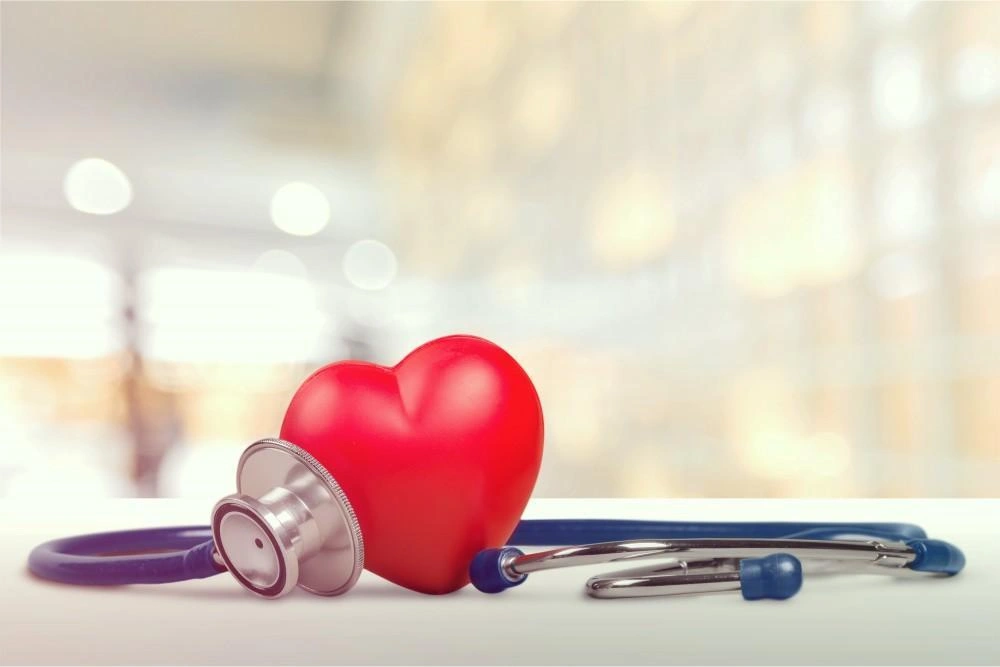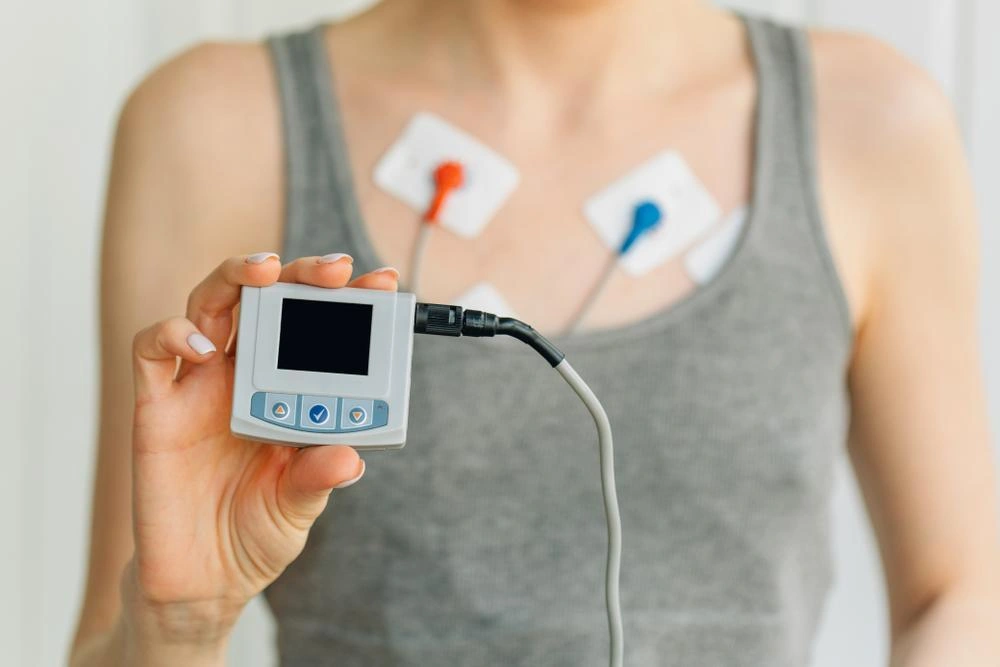Blog
Explore Our Blog
Insights and Updates on Cardiovascular Health
Stop Doing This if You Want to Avoid Vein Problems
Vein disease is a common problem for both women and men and like a lot of medical issues, it develops more often the older we get. ...
5 Ways to Tend to Your Heart Health this Valentine’s Day
Most of us understand the vital importance of heart health — yet many of us have personal and lifestyle habits that don’t support a...
What a Holter Monitor Can Reveal About Your Health
EKG tests play an important role in monitoring your heart health. But as effective as they can be in spotting unusual rhythms and other...
5 Uncomfortable Signs of Peripheral Artery Disease (PAD)
Peripheral artery disease (PAD) affects roughly 5% of Americans over age 50, significantly increasing their risks of both heart attack and stroke. PAD develops when deposits of...
Does Losing Weight Improve Your Vein Health When You’re Obese?
Weight issues are extremely common in the United States. In fact, nearly a third of Americans are overweight and roughly two-fifths struggle with obesity, according...







